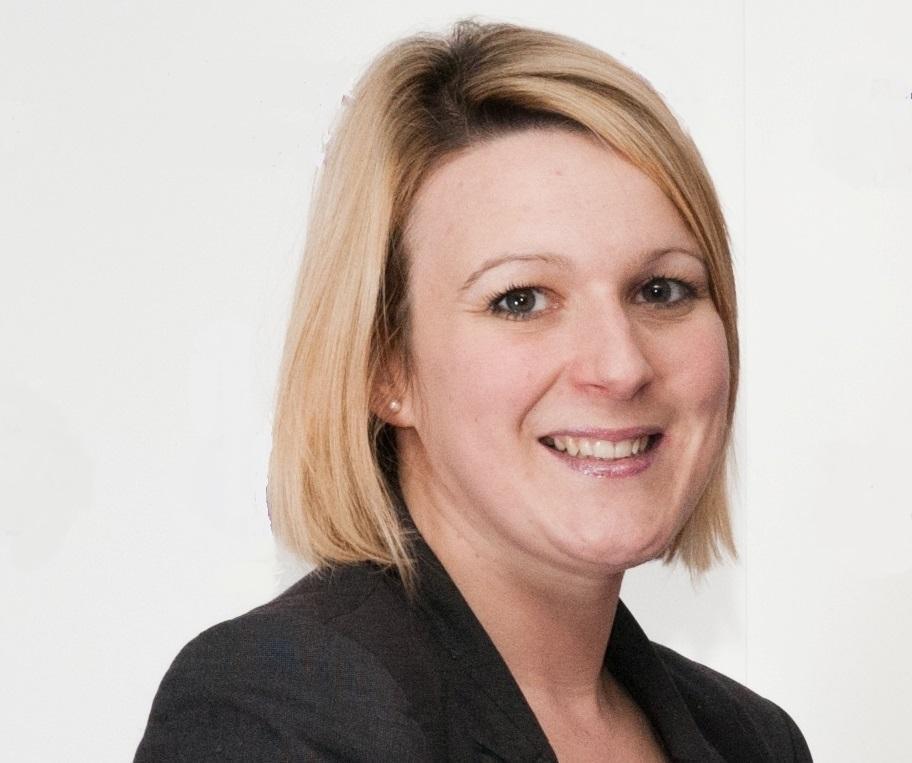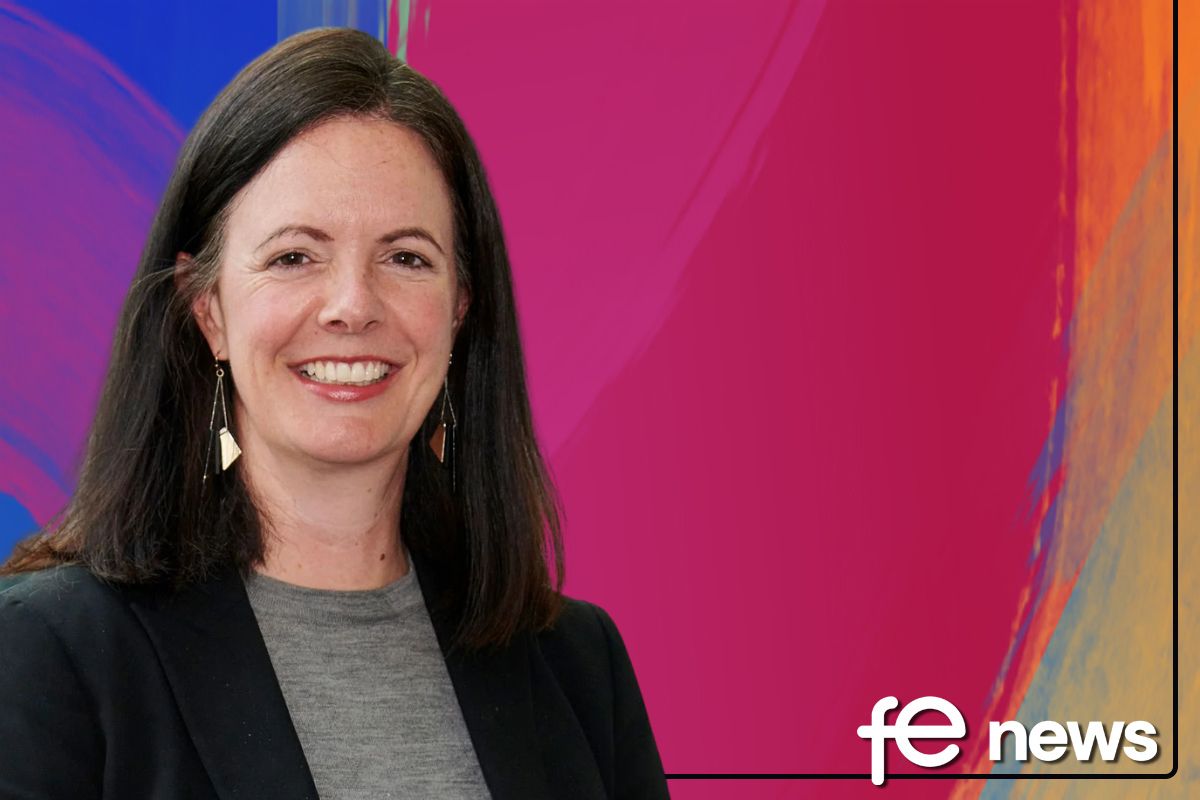Edge’s Career Footsteps campaign and Bacc for the Future

I can hardly believe we’re half way through 2016 and almost at the end of Edge’s Career Footsteps campaign which we launched back in February.
The idea was born out of Edge’s realisation that young people are not getting the careers advice they need and deserve. The Careers and Enterprise Company may have come with £20 million attached, but it is a tenth of the budget of the abolished Connexions Service. Schools now bear the responsibility for careers information, advice and guidance, but have scant resources to deliver the comprehensive service young people need to make informed choices about their future.
Why a campaign
Edge also recognises the need for a greater breadth of advice to include all available options. The majority of teachers have followed the well-trodden post-16 education road to university via A levels and inevitably we all share what is most familiar and we feel best informed about. In a survey commissioned by Edge, only 13% of secondary school teachers said they had a good knowledge of Advanced Apprenticeships, compared with 69% who said they had a good knowledge of degrees.
Edge’s ambition for Career Footsteps is to help schools augment their careers advice offer and raise greater awareness throughout the education sector of the vocational options available. We’ve been working with the Education and Employers Taskforce who already run their excellent scheme, Inspiring the Future, which invites volunteer professionals to spend an hour talking about their career to students in the classroom.
What the teachers said
Of course, Edge want young people to know that there are many paths to success including via practical and technical subjects, so all the professionals who volunteered to take part in Career Footsteps have experience of vocational learning. Over 100 events have taken place in schools with wonderful feedback from students, their teachers and the volunteers themselves.
A head of year at a school in Cornwall said:
‘All of our pupils and teachers thoroughly enjoyed it, particularly the hands on experience. The opportunity to ask questions and understand the process involved in getting jobs and choosing different career pathways was invaluable.’
She also commented that students had gained insight into particular jobs, new and useful information on vocational pathways, careers and employment, a boost in confidence and an aspiration to succeed.
Our volunteer professionals have ranged from HR managers, jewellery technicians, engineers, surveyors, stone masons, project managers, managing directors and architects and they’ve visited schools across the country talking to young people at different key stages.
Why it’s important
Evidence shows that young people with more developed career-planning skills are not only more confident about their post-16 choices, but research has found that those who attend careers IAG talks from external professionals between the ages of 14-16, were paid more 10 years later than peers who received less guidance.
Young people who are unable to find their own pathway are more likely to become NEET, so any extra resource given to careers advice is an investment, not just in their future, but in our future economy and society.
A big debate
I am writing this blog in the aftermath of the result of the EU referendum. Inevitably everyone across all sectors is considering the implications of the result and the possible social and economic impacts on the country. Next week there is another debate which though perhaps not comparable in scale, I believe could also have enormous repercussions for future generations.
On Monday 4 July, the debate secured by the petition of over 100,000 signatures opposed to the Government’s ambition to ensure 90% of 16 year olds take the full EBacc, will take place. The imposition of seven subjects of the Government’s choosing – English language and literature, maths, two separate sciences, history or geography and a foreign language – will limit choice for our young people.
For stronger students, adding a technical or creative subject may still be an option, but others will be compelled to drop subjects in which they may excel and set up to fail in others which they don’t. We see evidence of this already as entries for GCSE Design and Technology have fallen by 29% over the last five years.
There is a widening skills gap in the UK – particularly in areas such as engineering and IT – and the imposition of the EBacc will exacerbate, not address this. Our Career Footsteps campaign has demonstrated that individuals pursuing practical, technical and vocational options not only have successful and rewarding careers, but fill increasingly critical parts of the nation’s workforce and play a pivotal role in the success of the UK economy.
I hope readers will take the opportunity to alert their local MPs and parliamentary contacts to the importance of this debate, encourage them to take part and support the Bacc for the Future campaign.
Alice Barnard is chief executive of Edge











Responses